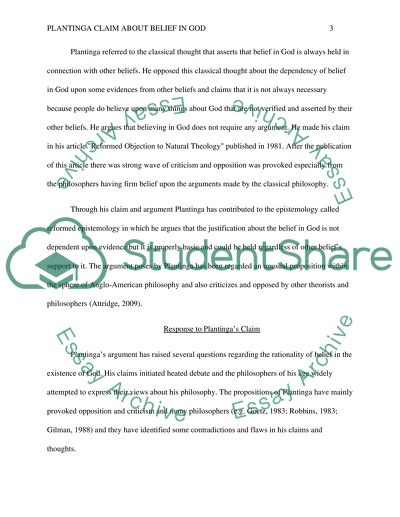Cite this document
(“How does Plantinga argue for the claim that belief in God might be Essay”, n.d.)
How does Plantinga argue for the claim that belief in God might be Essay. Retrieved from https://studentshare.org/philosophy/1581066-how-does-plantinga-argue-for-the-claim-that-belief-in-god-might-be-properly-basic-do-you-think-his-argument-is-good-do-you-think-that-the-conclusion-of-his-argument-is-true
How does Plantinga argue for the claim that belief in God might be Essay. Retrieved from https://studentshare.org/philosophy/1581066-how-does-plantinga-argue-for-the-claim-that-belief-in-god-might-be-properly-basic-do-you-think-his-argument-is-good-do-you-think-that-the-conclusion-of-his-argument-is-true
(How Does Plantinga Argue for the Claim That Belief in God Might Be Essay)
How Does Plantinga Argue for the Claim That Belief in God Might Be Essay. https://studentshare.org/philosophy/1581066-how-does-plantinga-argue-for-the-claim-that-belief-in-god-might-be-properly-basic-do-you-think-his-argument-is-good-do-you-think-that-the-conclusion-of-his-argument-is-true.
How Does Plantinga Argue for the Claim That Belief in God Might Be Essay. https://studentshare.org/philosophy/1581066-how-does-plantinga-argue-for-the-claim-that-belief-in-god-might-be-properly-basic-do-you-think-his-argument-is-good-do-you-think-that-the-conclusion-of-his-argument-is-true.
“How Does Plantinga Argue for the Claim That Belief in God Might Be Essay”, n.d. https://studentshare.org/philosophy/1581066-how-does-plantinga-argue-for-the-claim-that-belief-in-god-might-be-properly-basic-do-you-think-his-argument-is-good-do-you-think-that-the-conclusion-of-his-argument-is-true.


